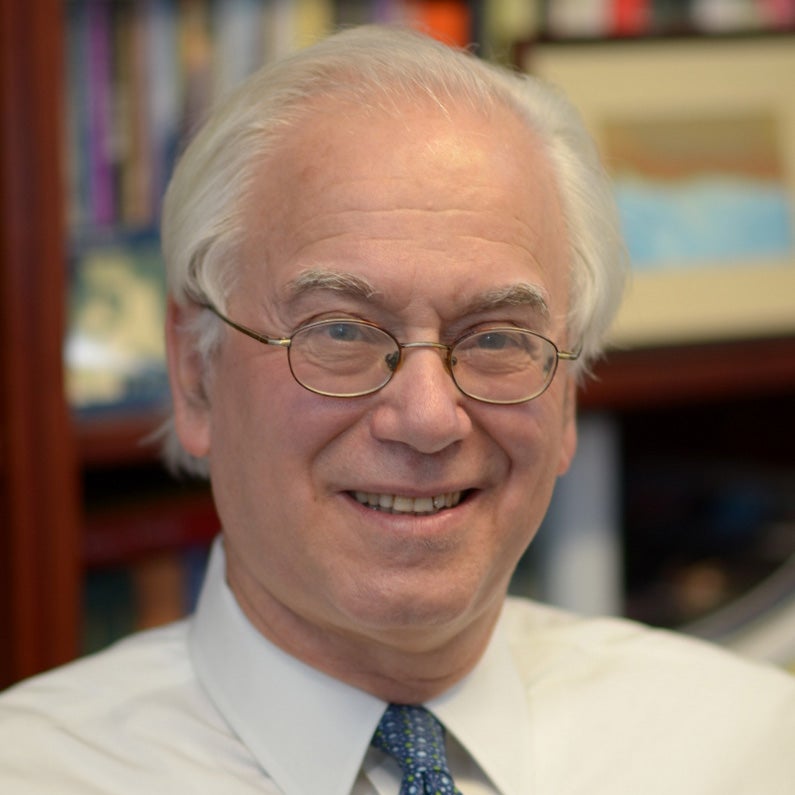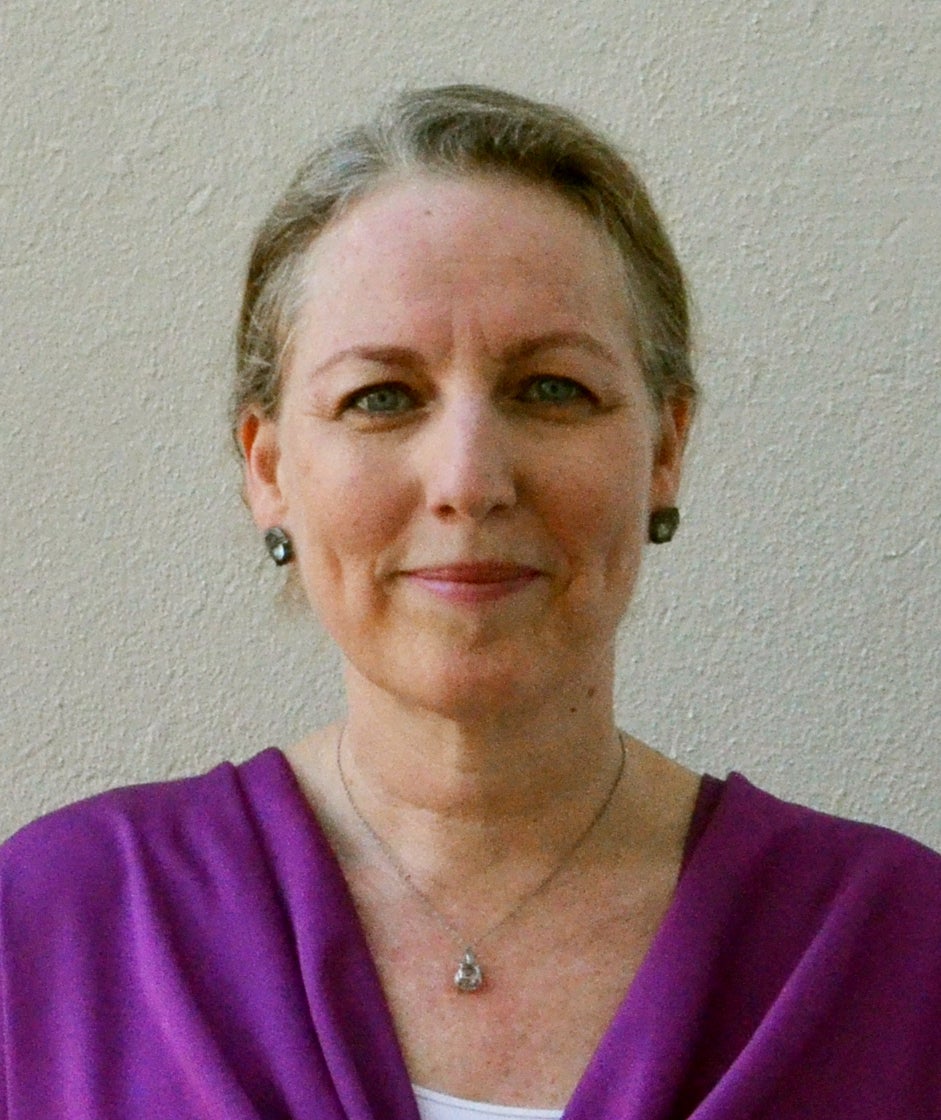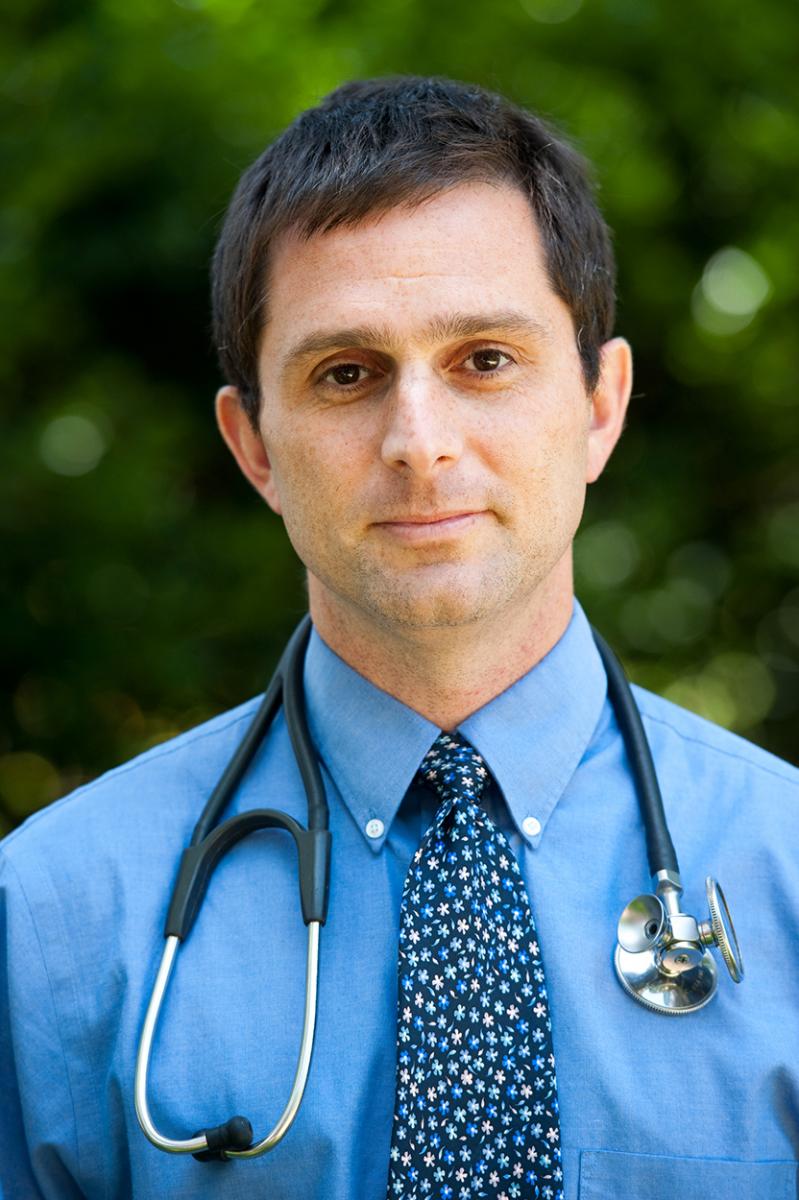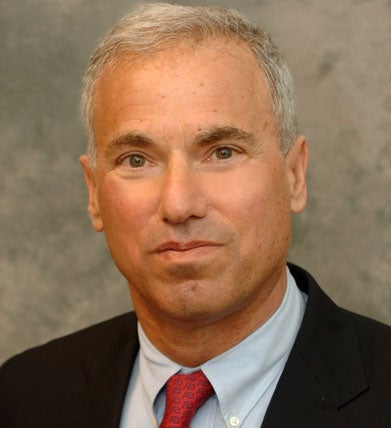Colloquium on Antibiotic Resistance
Eighth Annual GUMC Convocation Colloquium
Antibiotics: Panacea or Problem?
Tuesday, Nov. 3, 2015
Research Building Auditorium
11:00 a.m. – 12:30 p.m.
This year’s Cura Personalis Award Winner, Martin J. Blaser, MD, is a world-renowned researcher and clinician who has studied how bacteria can prevent or promote the development of disease for over 30 years. Recently, he has focused his research on understanding the relationship between early life changes in the microbiome and health conditions including asthma, obesity and diabetes. Join Dr. Blaser and distinguished panelists in a discussion about antibiotic resistance, and the impact it could have on medicine and public health.
MODERATOR:
Edward Healton, MD, MPH
Executive Vice President for Health Sciences
Executive Dean, School of Medicine
Georgetown University Medical Center
PARTICIPANTS:
Martin J. Blaser, MD
Muriel and George Singer Professor of Medicine
Professor of Microbiology
Director, Human Microbiome Program
New York University Langone Medical Center
Ranit Mishori, MD, MHS, FAAFP
Professor of Family Medicine
Director, CAPRICORN – Georgetown’s PBRN (Practice-Based Research Network)
Director, Global Health Initiatives, Department of Family Medicine
Georgetown University School of Medicine
MedStar Health – Family Medicine at Spring Valley
Dan Merenstein, MD
Associate Professor
Director of Research Programs
Department of Family Medicine
Georgetown University School of Medicine
Associate Professor, Human Science
Georgetown University School of Nursing & Health Studies
Jesse L. Goodman, MD, MPH
Director, Georgetown COMPASS
Professor of Medicine
Georgetown University Medical Center
Colloquium Panelists – Biographies

Martin J. Blaser, MD, is a world-renowned researcher and clinician who has studied how bacteria can prevent or promote the development of disease for over 30 years. He is the Muriel and George Singer Professor of Medicine and Professor of Microbiology at New York University Langone Medical Center, where he also serves as the director of the Human Microbiome Program. Blaser’s work identified the connection betweenHelicobacter pylori and the development of gastric cancers. Recently, he has focused his research on understanding the relationship between early life changes in the microbiome and health conditions including asthma, obesity and diabetes.
In 2015, Blaser was included in Time magazine’s list of the 100 most influential people in the world following the 2014 publication of his book, “Missing Microbes: How the Overuse of Antibiotics is Fueling Our Modern Plagues.” He is past president of the Infectious Disease Society of America, which awarded him the Alexander Fleming Award for Lifetime Achievement in 2014. Recently, Blaser was named chair of the US Presidential Advisory Council on Combating Antibiotic-Resistant Bacteria.

Ranit Mishori, MD, MHS, FAAFP, is professor of family medicine at the Georgetown University School of Medicine. She practices full spectrum Family Medicine, including obstetrics, in both the inpatient and outpatient setting. She is an attending physician at the Georgetown University-Providence Hospital Family Medicine Residency Program and sees patients at MedStar Health Center-Family Medicine at Spring Valley. Dr. Mishori is a graduate of the Georgetown University School of Medicine and the Georgetown University-Providence Hospital Family Medicine Residency, and holds a master’s degree in International Health from the Johns Hopkins University Bloomberg School of Public Health. She is a full-time faculty member at the Georgetown University School of Medicine, where she leads the Department of Family Medicine’s Global Health Initiatives. She has worked abroad extensively over the past two decades on a variety of projects, as a journalist and as a healthcare provider and teacher. Dr. Mishori’s areas of interest include primary care and prevention, health and human rights, refugee health, health disparities, global health education, public health and health communications.

Dan Merenstein, MD, is a tenured associate professor at Georgetown University. He sees patients one day a week, teaches medical students in years 1-3, and also teaches two undergraduate classes. Prior to coming to Georgetown in 2005, he spent three years in private practice, followed by two years at Johns Hopkins as a Robert Wood Johnson Clinical Scholar. His primary research goal is to provide answers to common clinical questions that lack evidence and improve patient care. Dr. Merenstein is primarily a clinical trialist focusing on functional foods, HIV and respiratory infections. In these studies, he has enrolled and retained over 1,500 participants. Dan Merenstein was also awarded a Fulbright Scholarship to do health systems research at Hebrew University in Jerusalem, Israel in 2010. He has participated in national groups including a CDC Pew Group setting national goals for outpatient antibiotic usage and co-chairs the National Quality Forums ENT group.

Jesse L. Goodman, MD, MPH, directs Georgetown’s Center on Medical Product Access, Safety and Stewardship (COMPASS), which focuses on informing science-based policy to address public health needs in medical product development and access, the supply chain, and antimicrobial resistance. Until February 2014, he was Chief Scientist of the US Food and Drug Administration (FDA), a position he assumed in 2009 along with Deputy Commissioner for Science and Public Health (2009-2012). As Chief Scientist, he had broad responsibility for strategic leadership and coordination of FDA’s crosscutting scientific and public health efforts, including developing and implementing FDA’s Strategic Plan for Regulatory Science, as well as leading FDA’s public health preparedness and medical countermeasures efforts. In this role, he led the 2009 H1N1 pandemic response and the medical countermeasure review for FDA, also serving as a member of the HHS senior leadership team. He has served on numerous boards and committees for organizations including CDC, NIH, WHO and NIEHS and has been elected to the American Society for Clinical Investigation and to the Institute of Medicine of the National Academy of Sciences.
